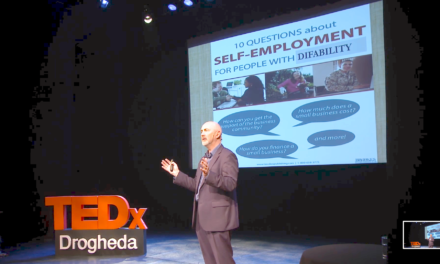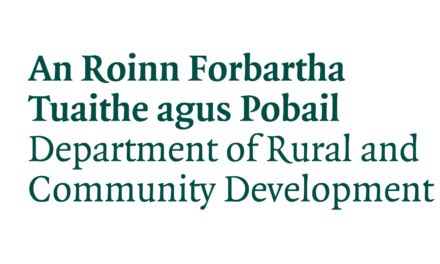Core social welfare rates must increase by €25 in Budget 2024, and the Government must commit to benchmarking social welfare rates to average weekly earnings if it is to have any impact on reducing poverty.
That’s according to Social Justice Ireland’s policy brief ‘Social Welfare Rates Budget 2024: The Case for Benchmarking and Indexation’.
“Adequate levels of social welfare are essential to addressing poverty. Government must increase core social welfare rates by €25 in the forthcoming Budget. Income adequacy cannot be addressed by one-off measures. Budget 2023 failed to deliver for vulnerable and low-income households as the necessary increase to the minimum social welfare payment was not made. A repetition of this mistake would mean Government yet again fails those on low incomes,” read a statement from the organisation.
Social Justice Ireland also stressed the crucial role of social welfare in reducing poverty, and revealed that without the social welfare system, just over one third of the Irish population (36.7 per cent) would have been living in poverty in 2022.
The statement continued: “Such an underlying poverty rate suggests a deeply unequal distribution of direct income. In 2022, the actual poverty figure of 13.1 per cent reflects the fact that social welfare payments reduced poverty by almost 24 percentage points. If Government is serious about meeting its own poverty targets and supporting households on the lowest incomes who, through good and bad economic times, struggle to live life on a low income, the core social welfare rates must increase by €25 in the Budget.”
In addition, Social Justice Ireland is calling on the Government to benchmark social welfare rates to 27.5 per cent of average weekly earnings in Budget 2024.
The organisation says this benchmark “is hugely important to improving the living standards of many in Irish society, and to achieving anti-poverty commitments”.
“This benchmark should be used as the starting point in the development of a pathway to index core social welfare rates to the Minimum Essential Budget Standard over time. Achieving this benchmark requires an €25 increase in core social welfare payments,” the statement concluded.





